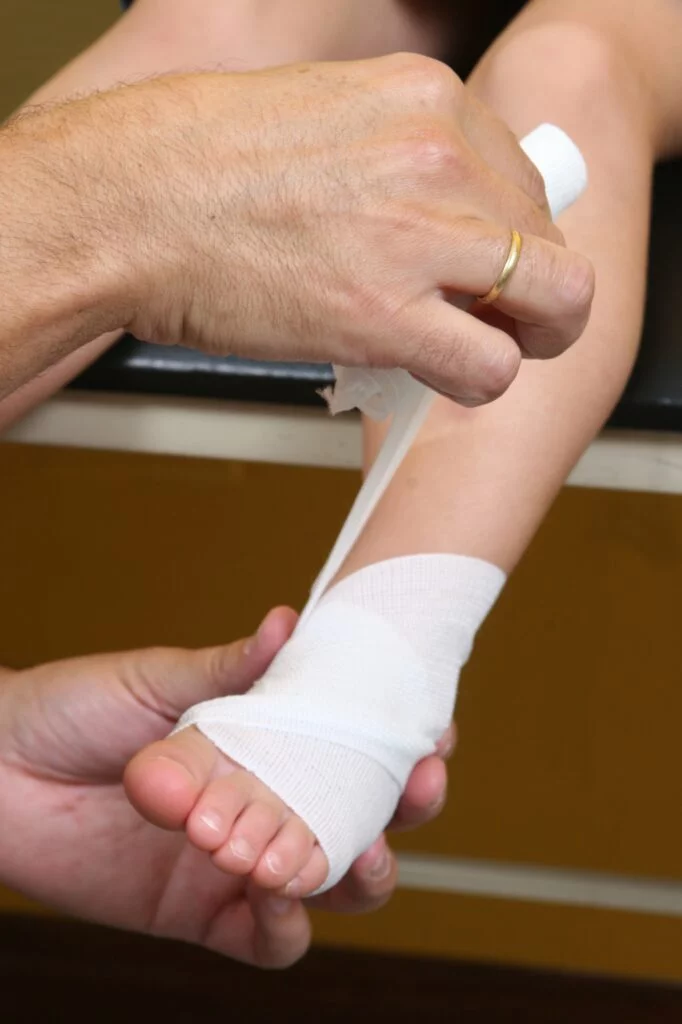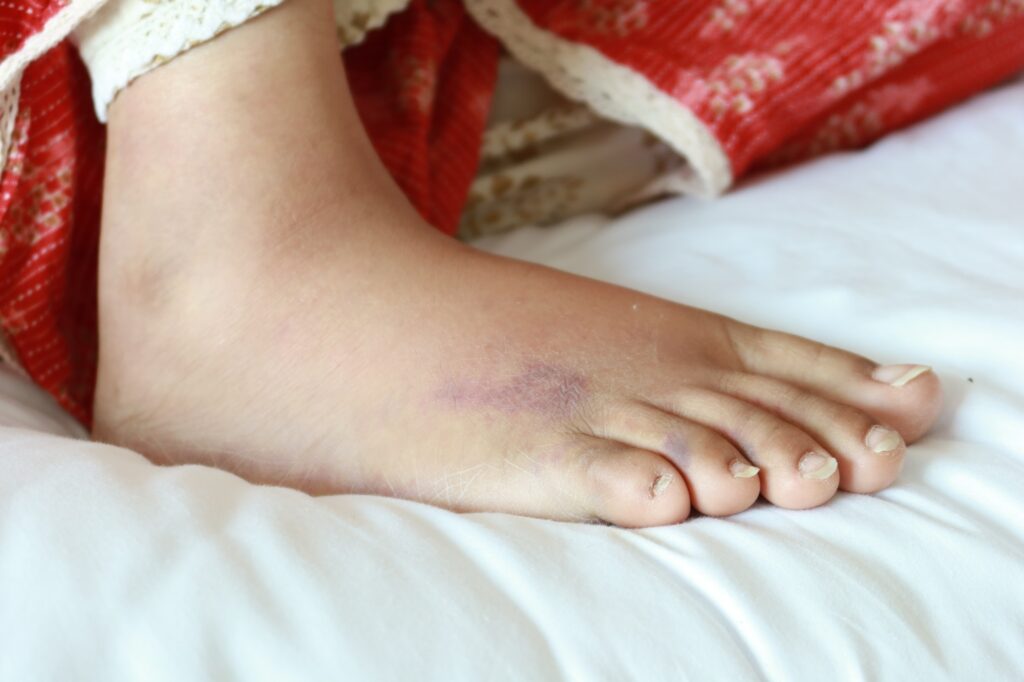What is Diabetes and how can it affect your feet?
Diabetes is a chronic disease causing high blood glucose (sugar) levels. Diabetes also weakens your immune system, making it more difficult for your body to fight off infections, which can, in turn, damage your nervous system. This damage can affect the ability to feel sensations in your feet.
Damage to your nervous system can affect your feet’s ability to produce sweat and other natural oils that keep the skin lubricated. Without proper lubrication, the skin, bones, and joints of the foot can become injured.
Sometimes, those with diabetes do not notice sores or injuries to their feet until it is too late. It is important to maintain proper foot health and seek treatment immediately when an injury is present.
Poorly fitting shoes are the number one cause of foot injury when it comes to diabetes. Red spots, sores, blisters, corns, calluses, or any persistent pain should be taken seriously, and properly fitting footwear (along with orthotics) should be worn.
You may also be at risk for nerve damage in the feet if your diabetes has been poorly managed. This may leave you with decreased feeling in the feet, putting you at higher risk of injury.
If left untreated or unmanaged, foot problems can lead to problems like losing a toe, foot, or leg.
We are experts in Diabetic Foot Care
Diabetes is one of the most prevalent problems found in the United States today. For diabetic patients it is essential that you have your feet evaluated and examined by a trained podiatrist. Diabetics are prone to problems with poor circulation a weakened immune system and impaired nerve function that can significantly affect their feet.
Due to poor circulation and a weakened immune system, diabetic feet are more susceptible to developing sores and ulcers that can lead to significant complications if not treated early early treatment is essential in preventing the loss of limb, amputation or even loss of life.
In addition with diabetes over time there is a significant risk of developing a painful diabetic peripheral neuropathy. Symptoms of this neuropathy include pain, numbness, tingling and burning that in the past have been difficult to treat.
In addition, his office provides the most current and up-to-date diabetic shoes and insoles to his patients that are often covered by insurance, to prevent the complications from diabetic ulcerations and sores.


